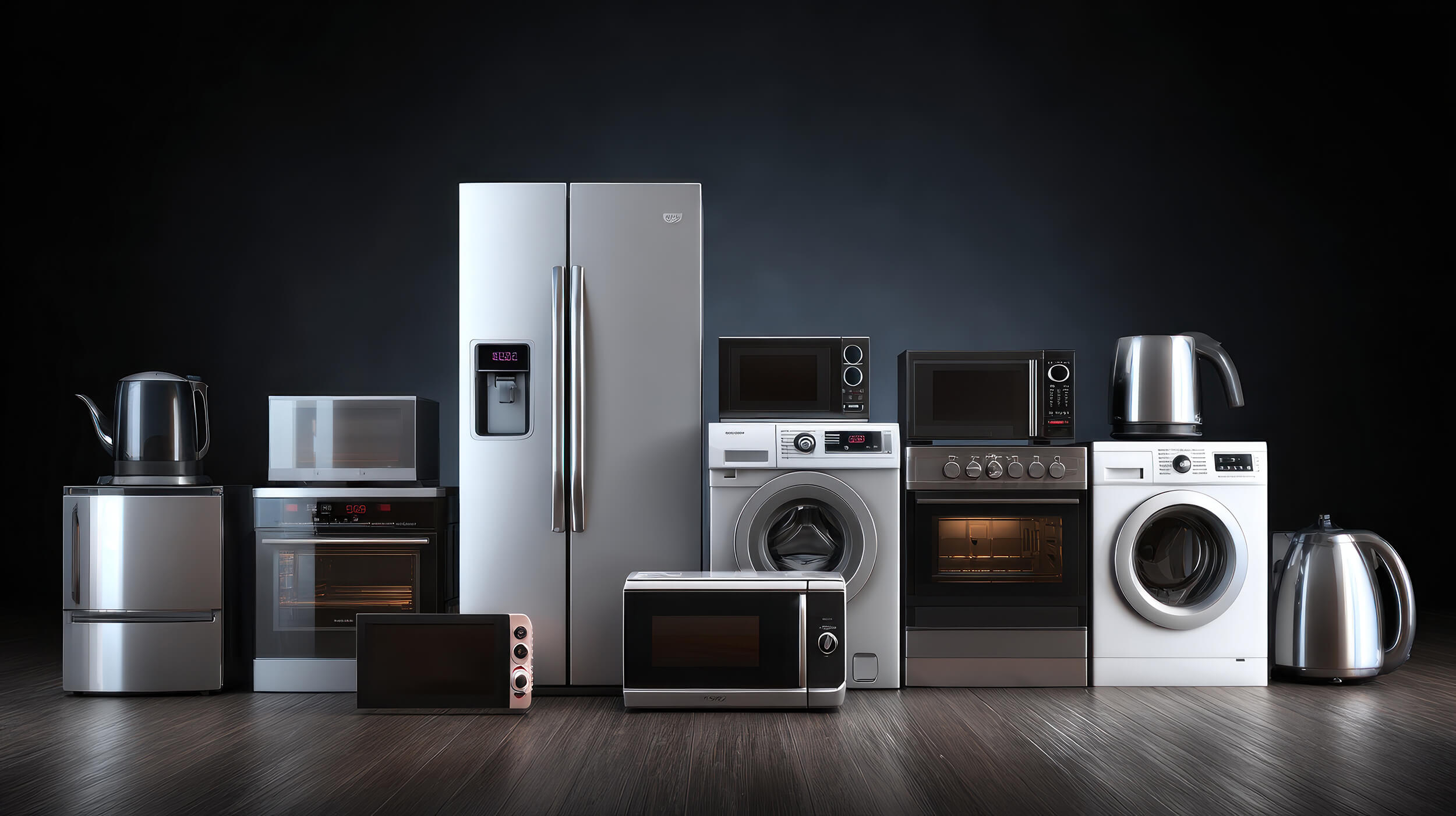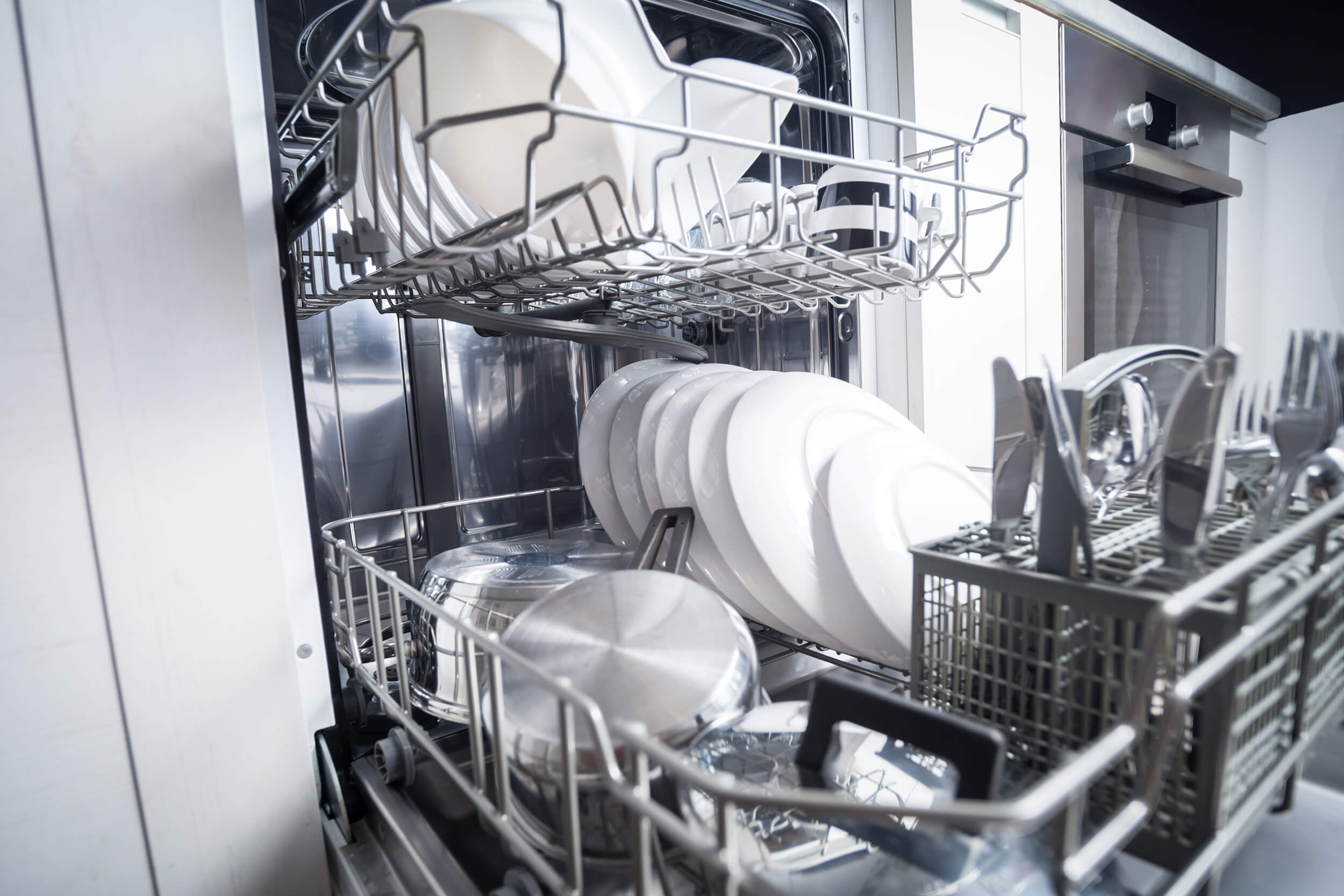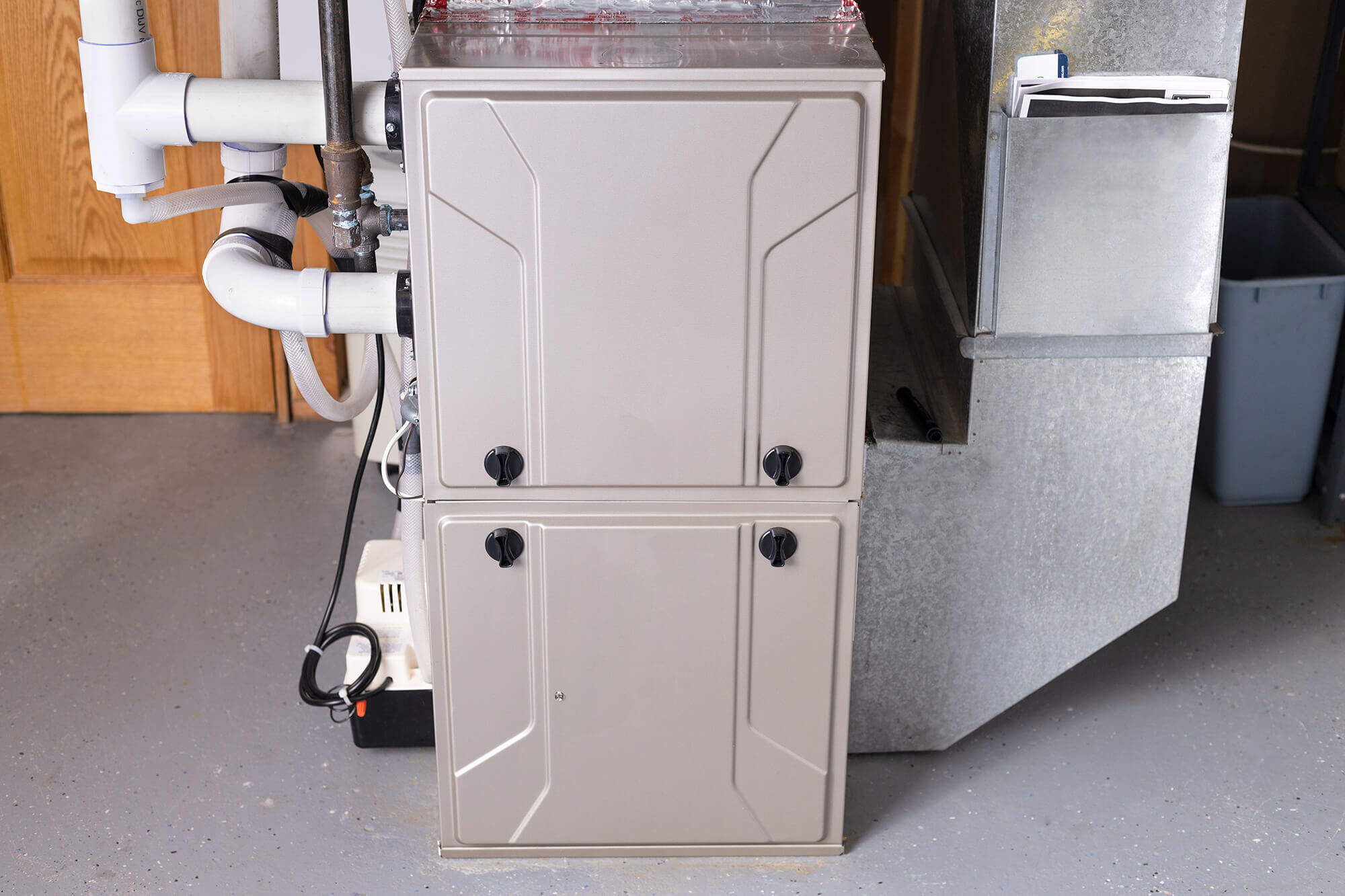Contact: Ben Somberg, 202-658-8129, bsomberg@aceee.org

Washington, DC—A resolution passed by the U.S. Senate today blocking updated efficiency standards for walk-in coolers and freezers will raise costs for restaurants, convenience stores, and grocery stores—costs that will be passed on to consumers. The resolution will cause additional waste of electricity, taking capacity away from uses like new manufacturing and AI data centers.
“This will just raise bills for restaurants and grocery stores, and those costs will be passed on to consumers,” said Andrew deLaski, executive director of the Appliance Standards Awareness Project. “Axing the standards will lock in needless energy waste at a time when we urgently need electric grid capacity for expanding manufacturing and growing the economy.”
The resolution, which passed in the House last week, now heads to the president’s desk.
Almost half of food stores’ electricity use is for refrigeration, according to federal data. The U.S. Department of Energy (DOE) updated the efficiency standards for walk-in coolers and freezers in December 2024 to ensure that new models use proven energy-saving technologies.
Set to take effect in late 2027 for non-display doors and late 2028 for refrigeration systems, the standards would save businesses up to $6.5 billion on utility bills (from the use of products sold over 30 years), DOE estimates. Savings on electricity bills would far exceed any increase in upfront costs, with bill savings offsetting those costs within 1.6 years on average for non-display doors and 3 years on average for refrigeration systems.
DOE was required by law to update the standards for these products (if cost-effective) by 2022.
###




